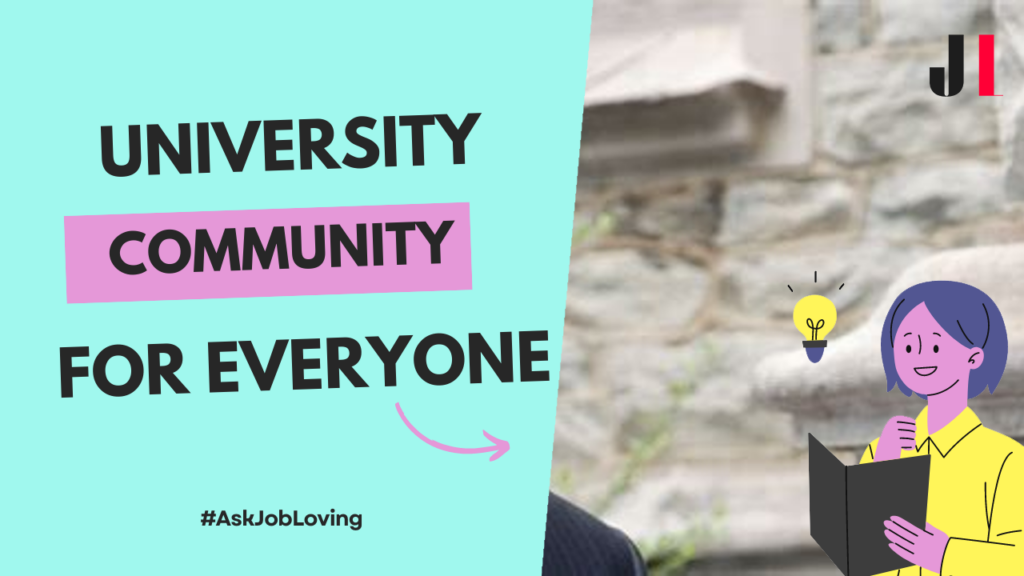Understanding the Power of the Dean at Columbia University
The role of a dean at a prestigious institution like Columbia University carries significant weight, often shaping the academic, social, and administrative experiences of students and faculty alike. Recently, discussions surrounding the power of deans at Columbia intensified due to a controversial incident involving three deans who exchanged problematic text messages. This incident sparked debates about the influence and accountability of deans within the university’s framework. So just how powerful is the dean in Columbia University? Let’s dive in!
The Authority Within the Academic Structure
At its core, the dean serves as a vital link between the administration and the student body. This position wields considerable decision-making power regarding academic standards, faculty appointments, policy formulation, and budgeting for their respective schools. This means that deans can significantly impact the direction of curriculum offerings, resources allocation, and ultimately, the academic integrity of their institutions.
In Columbia’s case, deans are expected to uphold high ethical standards and promote inclusivity across their schools. The recent incident involving text messages deemed antisemitic highlighted just how quickly their authority can be challenged. Following public scrutiny, Columbia took swift action, placing the three named deans on leave while launching an investigation into their conduct. This highlights an essential aspect of their power: with it comes immense responsibility and accountability.
The Influence on Students and Faculty
Beyond governance, deans also play a crucial role in shaping campus culture. They are often seen as advocates for both students and faculty within their departments or schools. By facilitating open dialogues between various stakeholders and addressing grievances or concerns, deans contribute to fostering a positive academic environment. They are pivotal during times of crisis or conflict—like when social justice issues surface, which can mobilize student protests.
In this context, deans must balance their power with sensitivity to diverse perspectives. The backlash from the aforementioned text message incident highlights that missteps can lead to severe consequences not just for those involved but also for broader campus dynamics. A dean’s public image can swiftly shift from respected leader to subject of controversy based on their actions or perceived biases.
The Bottom Line: Power Comes with Accountability
In conclusion, the power wielded by a dean at Columbia University is substantial but comes with heavy responsibilities and expectations. They possess vital decision-making authority that influences academics and student-faculty relationships while also being subject to scrutiny by students, faculty, and the wider community. What’s clear from recent events is that actions can have immediate repercussions—deans are crucial players in maintaining ethical standards and fostering an inclusive learning environment.
If you have any more questions or want to explore further about how powerful the dean is at Columbia University—or any other academic inquiries—don’t hesitate! Connect with us at JobLoving community for more insights.

